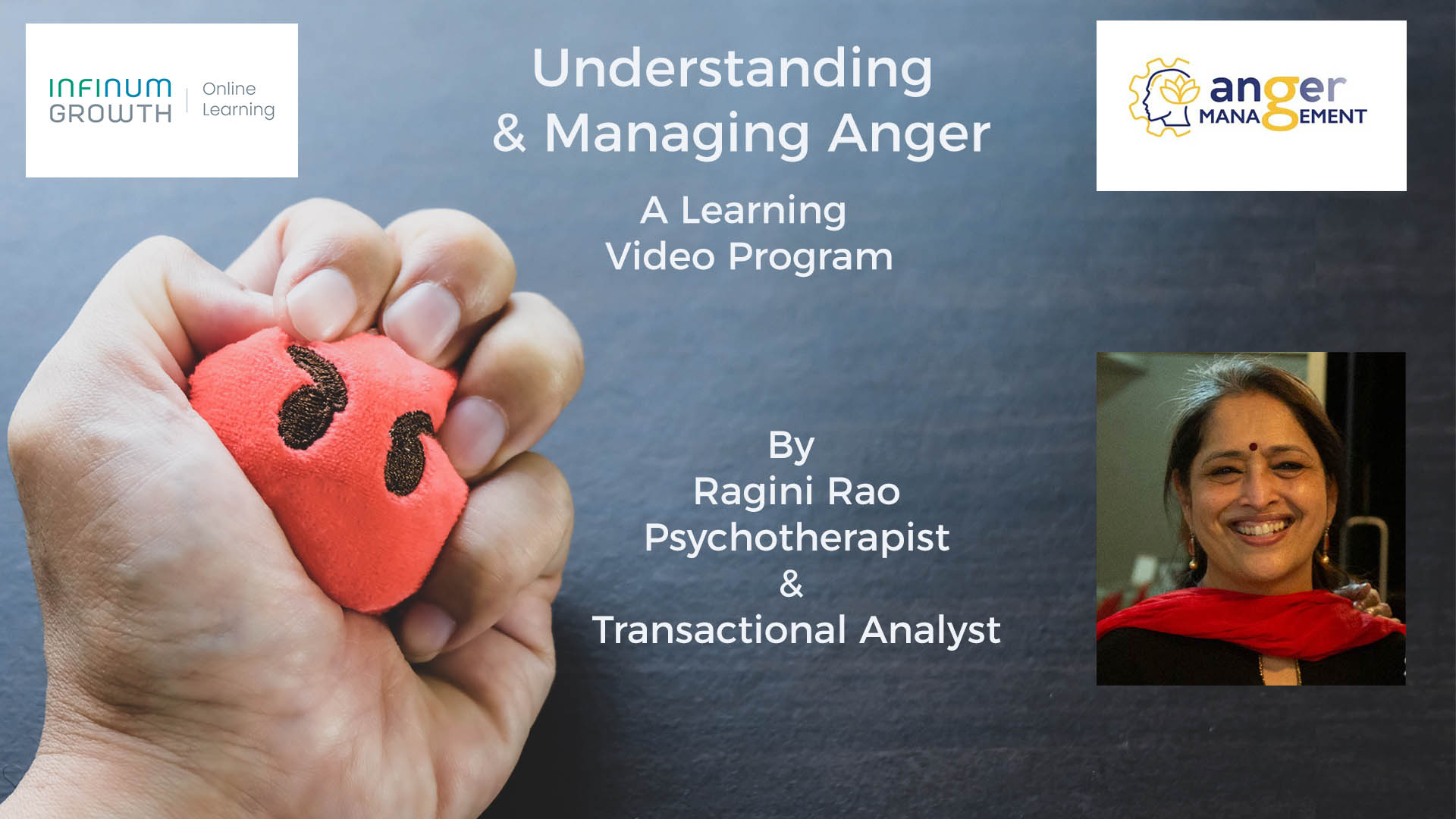The recent news of suicide by a well known Indian entrepreneur has set off comments and debates about the “ stressful business environment” and the “ tax terrorism” practised by tax authorities. We don’t know what was the real cause, but the debate, in the social media, press and political circles had people jumping to conclusions, without awaiting investigation.
Business stress rarely takes a person to this level of distress, where suicide is the only option. There may have been a few cases earlier too, but most businesses, entrepreneurs and managers have lived through difficult times without needing to take such extreme steps.
When some one takes such an extreme step, it invariably will be a case of feeling hopelessly trapped in situations, often due to reasons beyond normal business ones.
Understanding Business Stress
One concern, that comes up when reading the media debates, is the effect such debates and comments have on the minds of young entrepreneurs and the aspiring ones. It is, therefore, worth stepping back to see what are the stressful situations one encounters in business and what could be some basic steps to avoid reaching an extreme point.
Some questions that come to mind are –
- Why does high business stress come up?
- How can one handle it?
- Can it lead to the drastic step of suicide?
Let’s take the last one first. Let’s see why any person would go to the extreme step of a suicide.
Suicide is an option people resort to, only when they feel they have reached a point of no return. One is likely to get such a feeling when
- one is in a very painful condition and loses all hope of improvement.
- one sees a terrible future, such as, a life in prison or a badly handicapped existence.
- one’s relationships with those whom one depended upon or trusted, seem to have got destroyed irreversibly.
- one is very angry with oneself as well as with the world.
It is a feeling of not having one’s freedom anymore; a sense of having got trapped. Such a feeling, when prolonged, could result in depression; leading to handling situations in an imbalanced way; and leading to extreme steps such as suicide.
One therefore needs to be alert to one’s situation; take preemptive steps in terms of timely action and taking help, including professional help, if needed.
Situations which could create high Business Stress
At each stage of business there are different kinds of stresses related to performance. But these are normal to any profession.
The most critical ones an entrepreneur or business manager faces are
- that of managing availability of funds to keep the work going.
- and when, despite all efforts and money being invested, the business fails to reach anywhere near the desired growth and profitability figures.
Most businesses go through such situations at one point or the other.The important thing, is to ensure one personally doesn’t reach a point of no return; where one feels that extreme, irreversible sense of being trapped.
What does one do to ensure that?
Important elements of any Business
The key aspects of any business are
1.The business model and strategy.
2.The funds available to execute the plan.
3.The core team available to share responsibilities.
4.The investors from whom funds have been taken.
5.The customers to whom commitments have been given.
6.The employees who have come on board in good faith.
Stress normally comes when there is a failure in the first two or a discord with the last four mentioned above. Overlooking early warning signals, leads to deepening of issues and larger problems; leading to greater and greater stress.
Some points to avoid high business stress
On the business front
1.Ensure the business model has been thoroughly thought through and researched upon before embarking on the journey.
2.Do not believe it is easy to raise funds. Those are rare cases where ideas are funded even without a clarity of the revenue and profit model.
3.Bootstrap to start. Prove the model well before going for a fund raise.
4.Ensure there are at least three equally strong founding team members, who can add value to the thinking; bring different functional strengths; and also take equal responsibility for success and failure.
5.Raise funds from formal investment firms and not random individual investors, even if they are personal friends; unless the investor has a highly professional track record and is willing to take the risk of losing money.
6.Maintain full formality in business functioning. Ensure transparent transactions with timely accounting.
7.Do not allow use of business funds and resources for anything other than the stated business.
8.Ensure frequent discussions with all stakeholders to ensure everyone’s buy-in into important moves.
9.Ensure full compliance with the laws of the land. Have a good, qualified chartered accountant and legal advisor to guide on accounting and compliance aspects. Good does not mean expensive.
10.Have a vision for the business, but be practical in planning every stage.
On the personal front
1.Be open to comments, criticism and suggestions from other stakeholders – co-founders, investors, customers, employees. Every one is seeing your work from different angles. All together give a 360 degree view.
2.Keep logic as the authentication for every intuitive step. It helps design methods better to reach the desired goal.
3.Stay grounded and humble. Never believe you can get away with just about “anything”.
4.Keep things simple. Better not to complicate life with multiple objectives.
5.Give personal space to your self, beyond work. It helps take the mind away from work for a while and return refreshed.
6.Value your personal freedom. Do not allow commitments that can be over imposing and stifling.
7. Develop a personal philosophy of life.
Be transparent and ensure genuine trust pervades the atmosphere; no stress then, is extreme.
Also read the following article
Going beyond building professional competence – having a personal philosophy of life
Please do leave your comments at the bottom and do share with others if you like this article.















I love your back-to-the-basics approach!